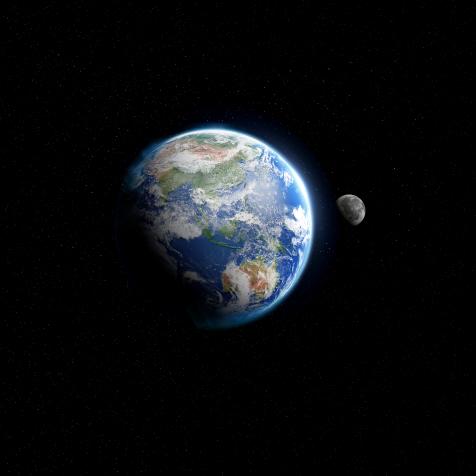
skaman306
Climate Change: Too Hot for Humans to Handle?
California wildfire emergencies are the starkest sign yet that rising temperatures linked to climate change impact day-to-day living.
Excess heat has sucked moisture from vegetation and soil making the fires eight times larger than in the 1970s.
Long-term warming and heat waves are a root cause, but higher temperatures impact our bodies in a much more direct way. They can cause heat exhaustion, heat stroke, and dehydration that overwhelm our vital organs. Heart, lungs, brain, kidney, and liver are all affected--and in the worst case, heart attack, stroke, and renal failure follow.
Imminent Death

Andrew Merry
The first ‘undeniable climate change deaths’ was how Japanese scientists described fatalities from a prolonged heat wave in 2018. Over the course of a few weeks, temperatures in Tokyo hit 106 F (41.1 c) and more than 1,000 people died from heat-related illnesses. As human bodies heat, the organs swell and cell-signaling processes in the brain break down–-there are physical limits to what the body can endure.
By studying weather station data from around the world, one study found that parts of the world are already too hot for humans. Researchers discovered that the number of times temperatures exceeded 95 F (35 C)–-meaning the body is unable to cool down by sweating–-had doubled in 40 years. Most instances were recorded in the Persian Gulf, India, Pakistan, the US, and Mexico.
In another study from Rutgers University, researchers found that climate change has worsened respiratory diseases, allergies, and our bodies respond to toxins. Pollen season has increased in intensity and length due in part to increased storm activity, badly affecting those with asthma, hay fever, and respiratory conditions.
Pollution Sick

Bloomberg
Pollution fueled by wildfire smoke and other air particles, is also found to cause serious illnesses such as heart disease, stroke, and cancer. The World Health Organization (WHO) says air pollution alone causes seven million preventable deaths each year.
Evidence presented by Duke University at a recent House Committee on Oversight and Reform session on the environment showed that climate change reform could save 4.5 million lives in the US over the next 50 years.
The financial bonus of preventing these excess deaths is valued at $37 trillion. Savings from healthcare spending would exceed $37 billion, and $70 billion would be added to the economy in labor productivity.
Science, carried out under the President’s Climate Action Plan, acknowledges both heat and air quality-related health effects, and adds others caused by extreme weather events, disease spread by mosquitoes and biting insects, food and waterborne illness, and inadequate diet.
Can We Adapt?

Rapeepong Puttakumwong
The National Institutes of Health is actively researching how to both stop and adapt to climate change health effects. In addition, the Centers for Disease Control is working to make US public health more climate-ready, as well as detailing potential health problems by region.
Changing diets away from meat and dairy to plant proteins gives people vital nutrients while using a small fraction of the land to produce them. This helps ecosystems to recover and offsets carbon emissions from farming and industry. Science also shows that plant-based diets lower obesity, diabetes, and heart disease risks.
Tackling health effects means stopping the problem at source, says the WHO, as increased medicine use will only lead to more health problems. In future, it says all decisions around human activity and industry will first need to take health risks into account, while our aim as societies will shift to making both people and the environment healthier.


















